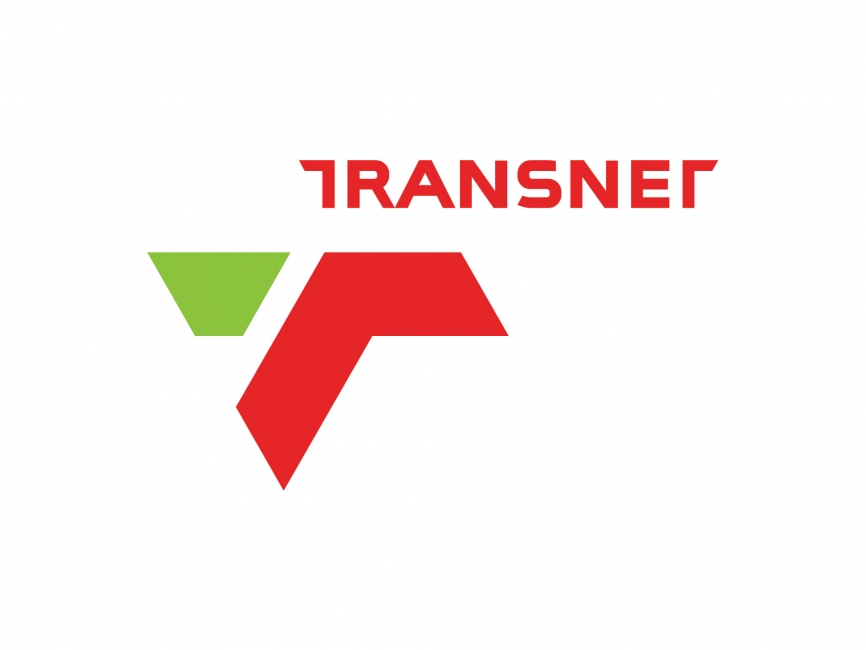This is the view of DA public enterprises spokesperson Ghaleb Cachalia, who said in a statement on Wednesday that ’’by connecting the dots of the past week’s failed insurrection, it is becoming increasingly clear that the crippling cyber attack on Transnet’s IT infrastructure was an act of sabotage potentially carried out by the perpetrators of the insurrection’’.
He said the cyber attack on the state-owned ports and freight-rail company is consistent with the insurrection’s modus operandi, which targeted transport and logistics infrastructure.
A burning question is whether the intelligence report Minister of State Security Ayanda Dlodlo claims to have shared with Minister of Police Bheki Cele picked up on this deliberate act to sabotage Transnet, said Cachalia.
’’Minister Pravin Gordhan continues to bury his head in the sand amidst the unfolding crisis at Transnet. Together with the new CEO who was brought in to lead the change process at the SOE, they have a case to answer.’’
https://a3c9f1bd3f99b15dda79680f09dcd233.safeframe.googlesyndication.com/safeframe/1-0-38/html/container.html Transnet port terminals were hit by a major cyber attack about six days ago, resulting in the freight entity switching to manual operations. Its ports in Durban, the busiest in sub-Saharan Africa, Cape Town, Gqeberha and Ngqura were all affected.
It has declared a force majeure – unforeseeable circumstances that prevent it from fulfilling a contract – at the country’s key container terminals after the disruptions, causing further damage to South Africa’s economy and reputation. Cyber security experts said it could take some time to sort out the problem, with Transnet saying yesterday ’’some applications may continue to run slowly over the next few days, while monitoring continues”.
Amid a global shipping crisis, ships have started to bypass South African ports. Already struggling with shortages of key goods, importers face growing uncertainty.
The implications for South Africa, both in the short and long term, are serious, experts say, as local ports have been deteriorating over the past five years.
’’As part of their plan to bring the country to its knees, the insurrectionists first targeted Durban’s major transport artery, the N3. Their intention was clearly meant to disrupt supply chains, cause food shortages and whip up public anger,’’ Cachalia said.
’’They then turned their attention to the business sector. By sponsoring the industrial scale rioting and looting in the two Provinces, they forced Transnet to declare a force majeure on the Natcor rail line that connects Gauteng and KwaZulu-Natal.
’’The 688km Natcor rail line links mines and farms in the northern regions of the country to the Durban and Richards Bay ports, where the goods are packed into shipping containers bound for lucrative markets in Asia, Europe and the United States.
’’It’s clear that after failing to achieve their objectives through these two acts of sabotage, the next logical step would be to cripple the Transnet port system.
’’Attacking the country’s major economic infrastructure is an act of terrorism and the leaders of the insurrection must be tried under the relevant terrorism laws.
’’The insurrectionists obviously took advantage of the clueless security cluster to launch what is easily the most daring attack on the country since the dawn of democracy.
’’The failure of State Security to detect and contain national security threats before they happen speaks to the current crisis in our intelligence and law enforcement agencies.
’’This is precisely why DA leader John Steenhuisen submitted a PAIA application yesterday asking Dlodlo to publicly share the intelligence report that she claims to have shared with Cele.’’

